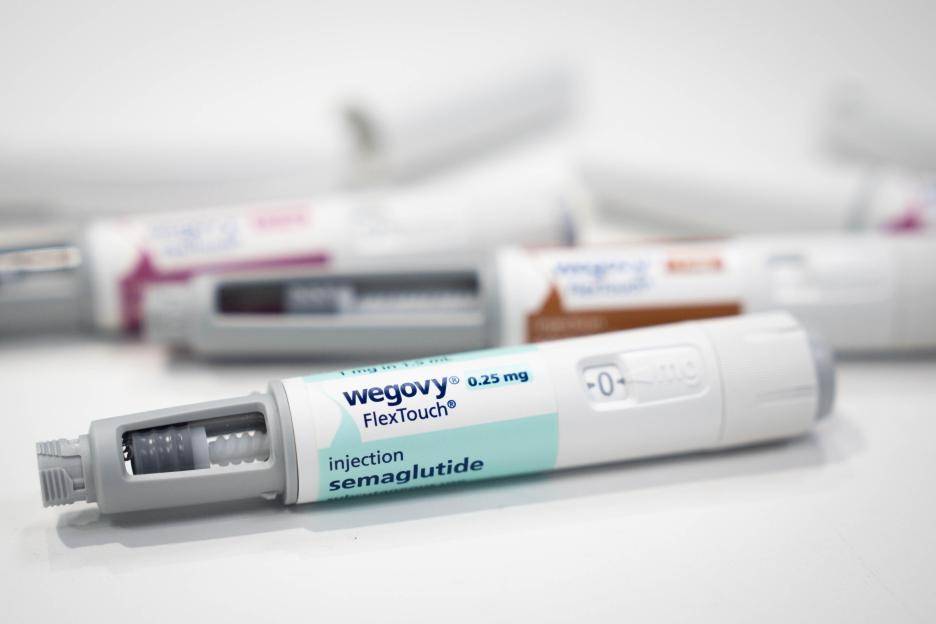MEN’S health issues, such as prostate and testicular cancer, make big headlines.
But what gets less attention is why men are reluctant to seek help.
 Sun columnist Dr Zoe answers your health queriesCredit: Olivia West
Sun columnist Dr Zoe answers your health queriesCredit: Olivia West
They are less likely to see their than women, often because they worry that seeking help is a sign of weakness or a burden.
This is reflected in the statistics.
Men have a shorter life expectancy than women, are more likely to die from largely preventable causes, and remains the single greatest killer of men under the age of 45.
Diseases such as cancer are more survivable when found early, so men must be empowered to seek help for symptoms.
As it is Men’s Health Month, also known as , check out uk.movember.com – or even encourage someone to sign up to grow a moustache this month.
Partners, family and friends must also normalise men talking about their feelings, by validating them when they do.
Here’s what readers have asked me this week.
IS PAIN FROM STATINS?
Q) I AM a 94-year-old man and have been taking a 10mg for many years.
It was first given as a precautionary measure.
I understand the body stores the statin.
If this is the case, as I have started having joint and muscle pains, which appear to be a side-effect of the tablet, would I be wise or foolish to stop taking them?
This one tablet is my only medication.
A) (such as simvastatin, atorvastatin, or others) by reducing its production in the liver.
They don’t get “stored” in the body long-term, they are processed and cleared by the liver fairly quickly – usually within a day or two after each dose.
So any side-effects would be coming from the medication you are taking currently, rather than an accumulation in your body over the years.
Approximately one in 20 people who are prescribed statins will report some muscle pain, cramps, or weakness.
It is worth noting that these symptoms can appear after long-term use, even if you tolerated them well before.
There is also a complication of statins called rhabdomyolysis, which causes severe muscle injury, which is rare, affecting about one in 100,000 people.
It doesn’t sound as though you have it, but it’s important that people know about this as it is potentially serious.
At your age, muscles are also naturally more sensitive and other factors (like hydration, thyroid levels, or vitamin D deficiency) can make statin side-effects more likely.
Fortunately, the symptoms do usually improve within one to four weeks of stopping the statin.
Of course, there are many other causes of joint and muscle pain.
If symptoms go away when a statin is stopped and then return on restarting, that strongly suggests the statin was responsible.
I wouldn’t recommend doing this on your own, though, as it may be that lowering the dose, or switching to an alternative statin, would be better for you.
Your GP or nurse can reassess your and and see how important (or not) it is for you to take a statin, then make the best decision based on all of the information.
Q) I’M a man who recently had an , which found kidney stones on either side.
Can you advise remedies for me while I wait for a referral to hospital?
 One reader had an ultrasound which revealed kidney stonesCredit: Getty
One reader had an ultrasound which revealed kidney stonesCredit: Getty
A) I’m sorry to hear that. Did you have symptoms?
can be completely painless if they are small and remain in the kidney.
When a stone travels down the ureter (the tube that connects the kidney to the bladder) and gets stuck, this can cause severe pain known as renal colic.
It tends to start in the flank (side of abdomen or back, below the ribs) and may radiate to the groin, lower abdomen, or genitals.
It comes in waves (colicky) and people often describe it as the worst pain ever.
If you are having symptoms, there are a few things you can consider doing to help while waiting for your hospital appointment, but this is dependent on the size and location of the stones, so do check with your own doctor.
Smaller stones (<5 mm) often pass naturally within days or weeks and staying well hydrated can help.
Your doctor might prescribe a medication such as tamsulosin (an alpha-blocker) in order to relax the urinary tract and help the stone pass more easily.
changes can help reduce formation of new stones.
Once your doctor identifies the stone type (e.g. calcium oxalate, uric acid, etc.), a more tailored diet can be recommended.
Generally, you can reduce intake of salt, which reduces calcium stone formation, and limit animal protein (red meat, poultry, eggs), because too much can increase uric acid stones.
Increase your intake of various fruits and vegetables as they make urine less acidic, which helps prevent many types of stones.
Citrus fruits (especially lemons and oranges) contain citrate, which can also help prevent stones.
Always confirm any treatment with your doctor, who has access to your medical history and test results.
If you develop worsening pain, fever, or difficulty urinating then seek urgent medical attention.
Watery eyes are so uncomfortable
Q) FOR six months, my daughter-in-law has suffered from , which has caused sore patches on either side of her eyes.
Blood tests, an optician and GP are unable to explain. She is waiting for an appointment at a rheumatology clinic.
 Many of us have experienced this from having runny eyes for just a few days from a cold
Many of us have experienced this from having runny eyes for just a few days from a cold
Even a holiday abroad made no difference. Do you have any suggestions?
A) That sounds really unpleasant. Many of us have experienced this from having for just a few days from a cold.
It’s that chronic irritation from tears or wiping.
While I can’t diagnose her, I can share some possible avenues to explore and questions to raise with her doctors.
The first thing to try (if she hasn’t already) is lubricating eye drops, which a pharmacist can advise on, and ask them about an eye ointment for nighttime.
It sounds odd but if the eyes are dry, this can stimulate over-production of tears and the excess fluid then runs out of the eye on to the skin. Using barrier cream (like Vaseline or a non-fragranced ointment) on sore outer corners will protect the skin.
Ensure good hygiene by cleaning twice daily with cotton pads and cooled boiled water. Plus avoid rubbing or wiping frequently, use soft tissues to dab gently instead. Cool compresses can be soothing if skin is inflamed or swollen.
Dry eyes can be caused by autoimmune conditions such as , which rheumatology can investigate ( causes dry eyes, dry mouth, fatigue and joint pain).
Blocked tear ducts can cause persistent watering since tears can’t drain properly.
I would expect the optician assessed her for this, other eye conditions and signs of irritation, inflammation, infection and allergy, as well as any structural reasons, for example, if the eyelids turn inwards or outwards.
TIP OF THE WEEK
A RECENT study found that a 15-minute walk is more beneficial than multiple, five-minute walks.
This could be as easy as adapting your normal everyday routine and getting off the train at the stop before yours, or popping out at lunchtime for a stroll.






